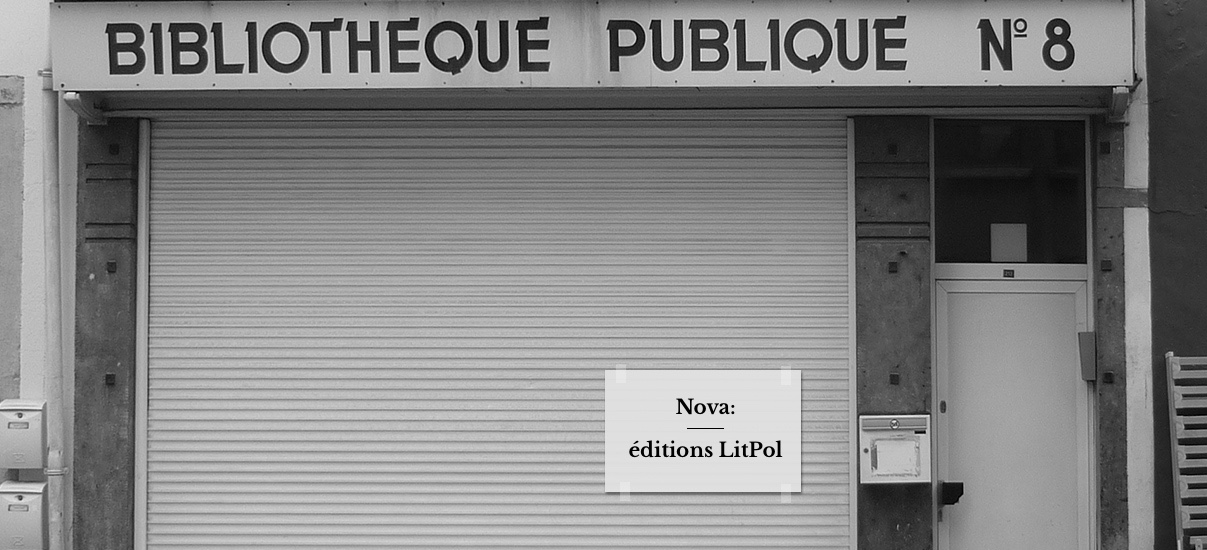"Now really, can you imagine anyone, working all day behind a screen and who, when back at home or on the commuter rail, would want to read a book on that same friggin' screen? No way!"
Frankly, I liked that. There are things that you aren't quite aware of and then, when someone points to the fact, it strikes you head-on as so true.
The remark was made by bookshop-owner Didier Peeters whom I met and talked with in his store, La Licorne (The Unicorn), a cosy well-stacked bookshop in Southern Brussels, well worth visiting, helpful and pleasant young ladies there. He's a hero of sorts. La Licorne went bust a few years ago due to the rapacious competition of the supermarket bookstore-chain Filigranes (all book-lovers avoid, crowded with petit-bourgeois selfie-snobs) and Peeters re-kicked it into new life.
Intruders in the dust
He won't get a medal for that, nor will he get rich: book-selling is hardly the best way to make a lot of money.
Now this is neither here or there. The point is what he said about reading on screens. Screens are utterly depressing.
You don't get the smell of paper, you don't get feel of it, you can't flick pages easy from the one to the other, there's no way you can pick your pencil and write something in the margin, you can't lend it to anyone, you don't even own it.
All that is well-known. But then, as he said, given that an ever larger proportion of people work day in, day out behind a dumb screen, who's to go on doing that when reading a book? Pure torture. Self-inflicted.
Errand boys...
So okay. Point made. The problem is not so much with readers. They do return to old-style books made of paper. So the figures say. That's the trend as they say in the jargon of business. The problem, rather, is why public authorities keep on using public money to promote non-books.
These days, for instance, a publicly engined newsletter in the French-speaking part of Belgium cheered at the initiative of France's National Library and its railroad operator SNCF offering free access to tablet-reading for children. This, the newsletter said, will help kids get accustomed to the thing - and make way for tomorrow's clients. Get them addicted early! Amazon and the like will rejoyce.
One cannot but be flabbergasted though. Why are public authorities doing commercials for the non-book? Why are they so keen to be the errand boys of the tech giants?
Choose the real thing
Crucially, here, there's the confusion made between books and non-books. Electronic reading devices, of course, are not bad per se, especially for scientific papers and maybe also old stuff you'll never find in bookshops. But a non-book is not, repeat not, a book. There's no way you can promote the latter by enticing people to prefer the former. They're two worlds apart. Never shall the twain meet. To pretend that books and non-books are the same thing testifies to the ultimate corruption of our minds. It makes us silly. Commercially, of course, that's the whole point.
A few words finally on the state-driven addiction of the young. In France, the policy is to have non-books in all schools, supposedly to enhance the children's capacity to learn. Well, recently, according to Le Figaro (April 1st, 2017), a panel of seventeen scientists came to the conclusion that learning on screens is to be seen as a setback. Texts on screens with all their hyperlinks just tend to confuse the young. More to the point: learning on screens tends to advantage the stronger (better-off) pupils and is detrimental to the less talented (worse-off) children for whom these non-books were supposed help in the first place. So it goes.
The same article reminds us that countries making little use of screen-learning (South Korea, China) produce better educational results than those who instead think it's the big deal (Eastern Europe, f.i.). In a sense, that's probably all it's about: a big deal. With the tech' giants.
